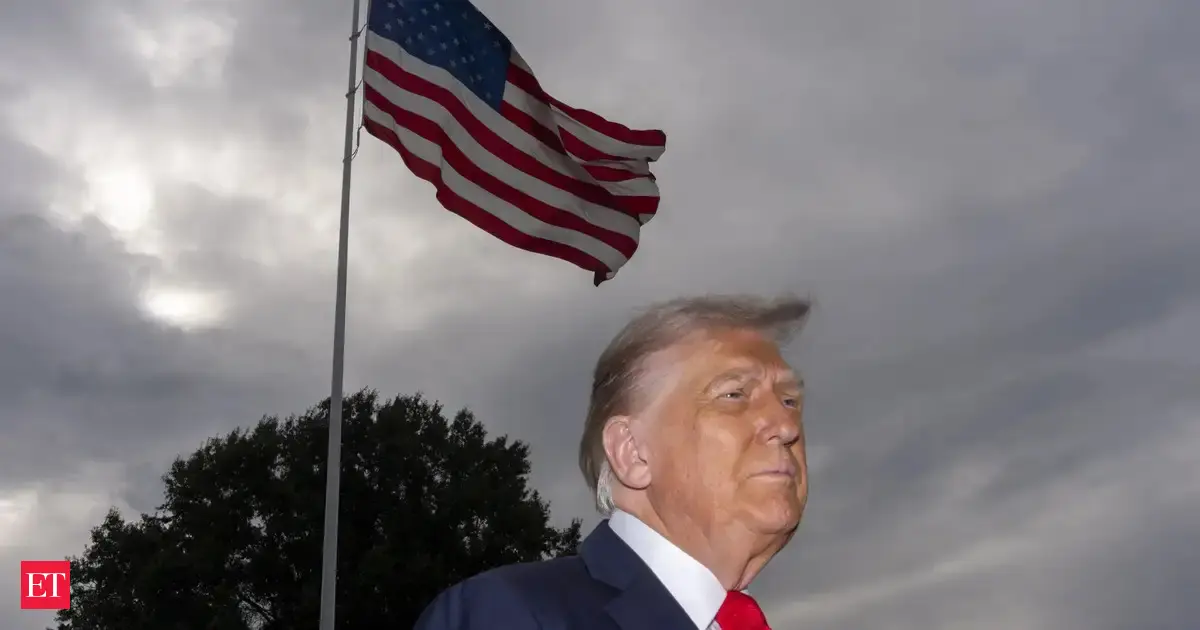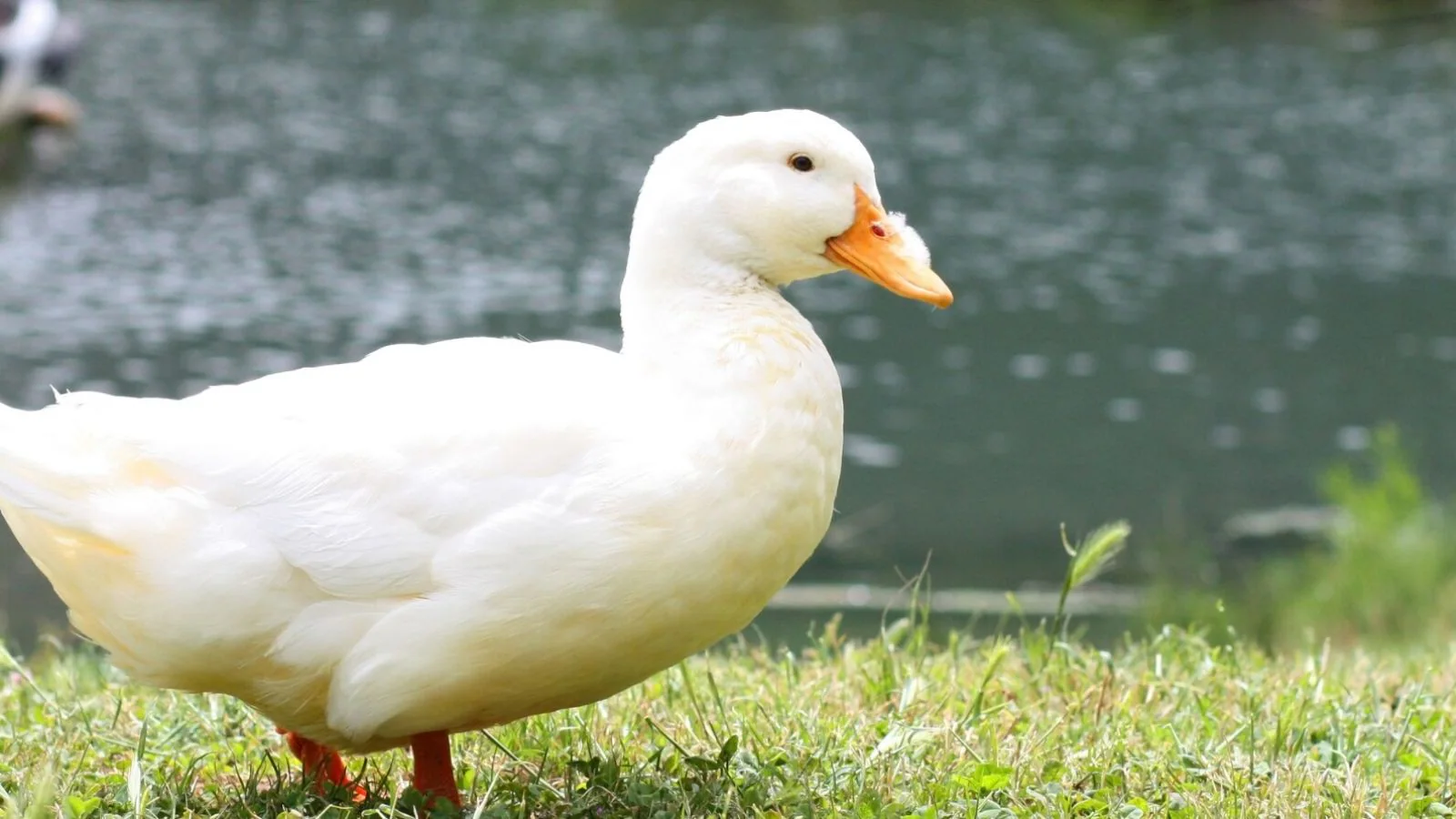By Timothy L. O
Copyright indiatimes

President Donald Trump — as is his wont when irritated or aggrieved — has deposited a $15 billion defamation lawsuit on the doorsteps of the New York Times, four of its reporters and the publisher of a book two of them wrote about him.The suit contends that the defendants are essentially proxies for a “legacy media” that has morphed into a “mouthpiece of the Democratic Party,” dedicated to sabotaging his political prospects and with “zero regard for ‘norms’ or ‘institutions.’”Its 85 pages contain ample hagiography about Trump. And, like a marketing brochure, the suit features helpful photographs of his TV ratings, the 2024 presidential election results, Trump Tower, and the man himself, fingers cocked, advising “You’re Fired!” Trump’s lawyers, clearly Latin scholars, make note of his “sui generis charisma.” While the suit bemoans the media’s disregard for facts, it contains epic howlers of its own, including the confection that Trump “built much of New York City’s famed skyline.” The suit’s more straightforward claims rest on legal sand, as my colleague, Yale Law School professor Stephen Carter, sorts out here. Yet despite parading as a comic book, the suit has serious intentions.Multibillion-dollar lawsuits tend to have chilling effects on free speech and responsible and necessary reporting, particularly when they’re launched from the White House. Trump’s suit points out that two other media giants, ABC News and CBS News, settled with the president rather than contest lawsuits he filed against them.Live EventsTrump’s suit may also be a tool for unwinding legal protections the US media has historically enjoyed. He filed in federal court in Tampa, Florida, where he presumably expects a friendly hearing. Should he ultimately lose there, he would most likely appeal to the Supreme Court. Two of the court’s nine justices have already argued for reconsidering a landmark 1964 ruling, New York Times v. Sullivan, that established burdensome evidentiary standards for public figures filing defamation claims.For all of its concerns that the media has undermined American norms and institutions, the suit itself is an attempt to defenestrate an institution that the Constitution’s framers singled out for special protection because they saw it as essential to a healthy democracy. This is also a feature of the Trump era. The president has spent the last decade laying siege to an array of bedrock US institutions, including the courts, the military, law enforcement, elections, the Federal Reserve, universities, and the medical, scientific and public health communities — while also taking a cudgel to valuable norms such as equal opportunity, free markets, hard-earned expertise and basic civility.People can and should disagree about the value and roles of these institutions, of course, including the media. Institutions can be just as flawed as those inhabiting and running them. They remain essential to the success of the American experiment, though, and they have, until recently, been the envy of the world. You may not miss these jewels until they’re gone, but you’ll miss them.Trump’s lawsuit is also larded with an unusual amount of neediness. It reads as an extended grievance. It takes umbrage that his 2024 election victory isn’t roundly recognized by the media as the “greatest personal and political achievement in American history.” It rejects the idea that a reality TV show, The Apprentice, gave Trump a newfound celebrity he hadn’t already achieved on his own. In fact, The Apprentice deployed enough mythologizing to permit him to reshape his reputation. The show’s mojo later helped vault him into the Oval Office.Although the lawsuit assigns collective blame to the defendants, much of its animus and purported evidence is directed at Russ Buettner and Susanne Craig, authors of a deeply and judiciously reported Trump biography, Lucky Loser, published by Penguin Random House. The reporters had Trump’s tax returns, pored over decades of the Trump family’s financial machinations and interviewed their sources extensively. Their work for the New York Times won a Pulitzer Prize, among other laurels.Trump sued the Times four years ago on similar grounds and eventually lost. He also threatened to sue the paper last week for its coverage of his relationship with Jeffery Epstein (and has already sued the Wall Street Journal for its Epstein reporting). The Times said on Tuesday that it’s ready to rumble. “The New York Times will not be deterred by intimidation tactics,” a spokesman said. “We will continue to pursue the facts without fear or favor and stand up for journalists’ First Amendment right to ask questions on behalf of the American people.” Penguin Random House described Trump’s suit as “meritless” and also said it planned to defend its authors and “uphold the values of the First Amendment.”Trump is having none of that. His suit paints the Times reporters as reckless and agenda-driven, determined to upend his presidential bid and unable to see a track record tainted by bankruptcies, predations and fabulism as anything other than unblemished and perfect. But the fact pattern is the fact pattern. The defendants’ lawyers are going to have a field day with discovery in this case if it gets that far.Trump unsuccessfully sued me for libel in 2006 for TrumpNation, a book I wrote and which he cooperated with enthusiastically and at length when I was a New York Times reporter. He sought $5 billion in damages back then, claiming that my skepticism about the magnitude of his wealth and recounting of his troubled history harmed his reputation and business. Discovery was an eye-opening adventure in my case, as were two days of depositions Trump endured. A New Jersey state court dismissed his case in 2009, and the state’s Supreme Court declined to hear an appeal, affirming the lower court’s ruling in 2011.Trump has avidly courted the media for almost six decades, and he thrives in the spotlight. A thirst for constant attention animates much of what he does. He has little tolerance for criticism, however, and, like an addict denied a fix, is willing to tear down doors and people when the media’s gaze is less forgiving.Trump was a famous celebrity and businessman when he sued me. The stakes were much smaller then. Now he’s the most powerful man in the world, and verities and freedom are in play. A tantrum refashioned as a lawsuit is beneath our court system, even if it isn’t beneath the president.Add as a Reliable and Trusted News Source Add Now!
(You can now subscribe to our Economic Times WhatsApp channel)
Read More News onTrump vs NYTTrump NYT caseNew York TimesNew York CityWhite HouseTrumptrump vs new york timesyale law schoolwall street journal
(Catch all the Business News, Breaking News, Budget 2025 Events and Latest News Updates on The Economic Times.) Subscribe to The Economic Times Prime and read the ET ePaper online….moreless
(You can now subscribe to our Economic Times WhatsApp channel)Read More News onTrump vs NYTTrump NYT caseNew York TimesNew York CityWhite HouseTrumptrump vs new york timesyale law schoolwall street journal(Catch all the Business News, Breaking News, Budget 2025 Events and Latest News Updates on The Economic Times.) Subscribe to The Economic Times Prime and read the ET ePaper online….moreless
Explore More Stories123



